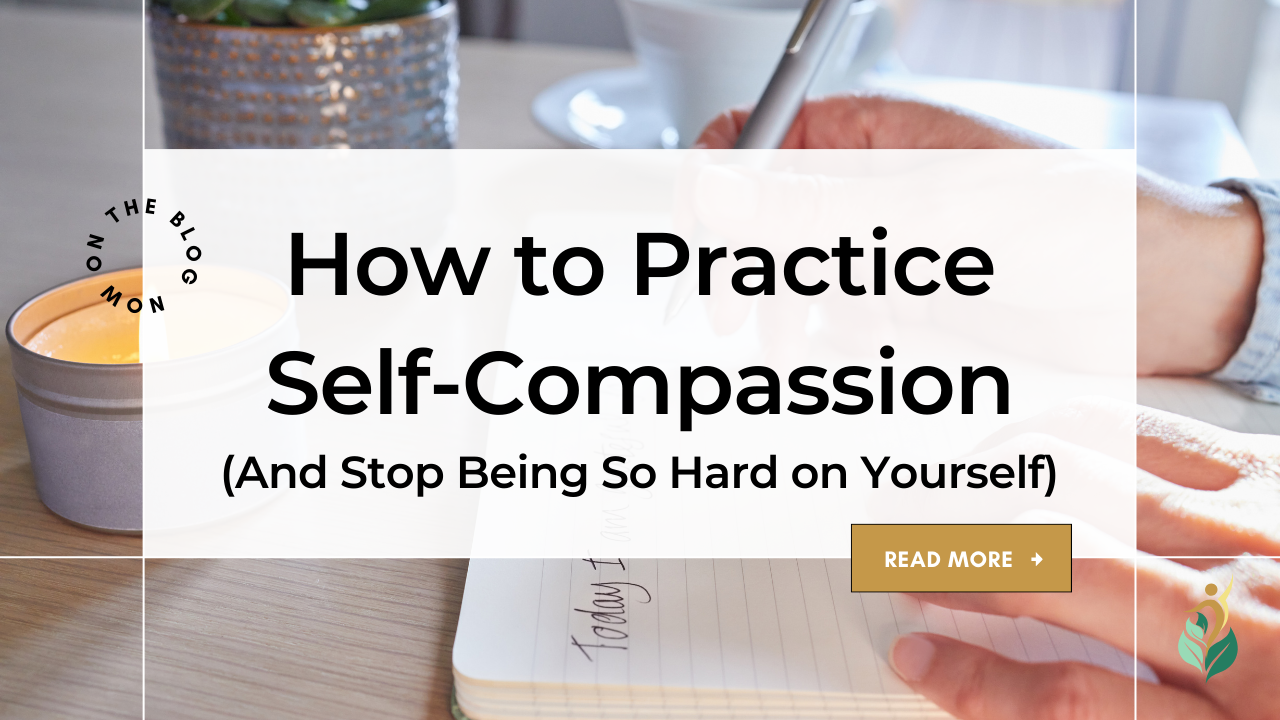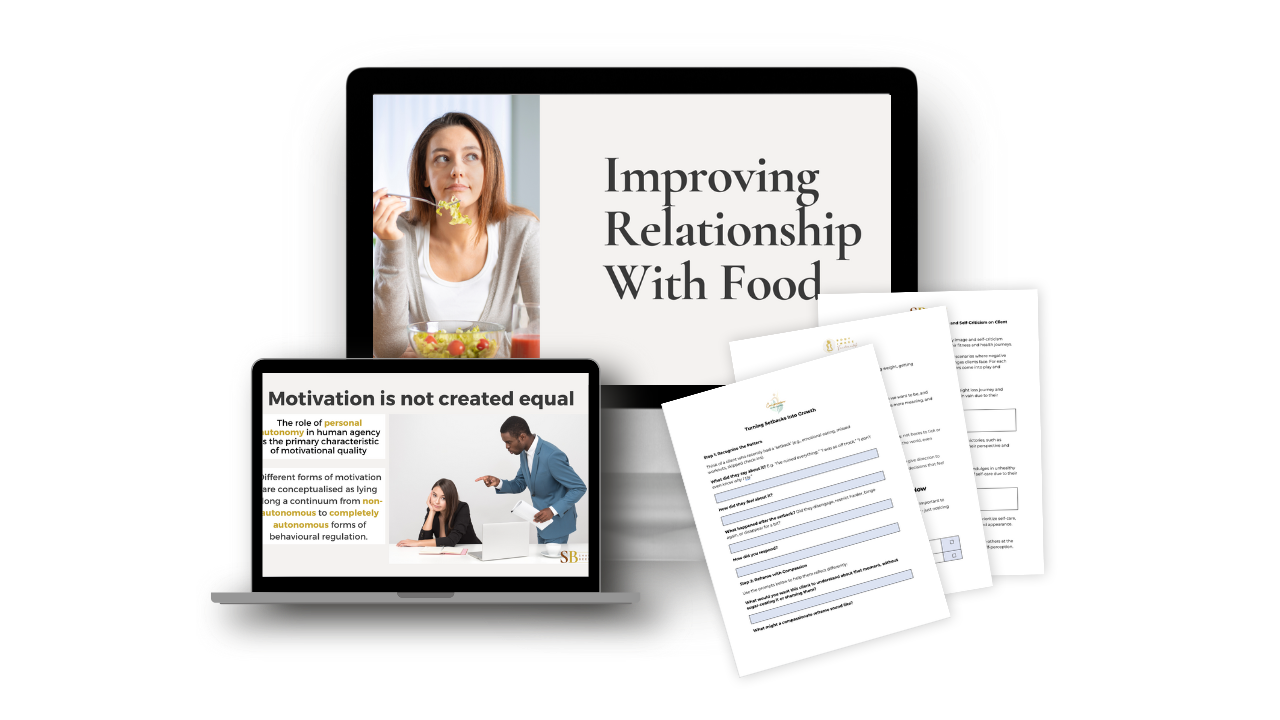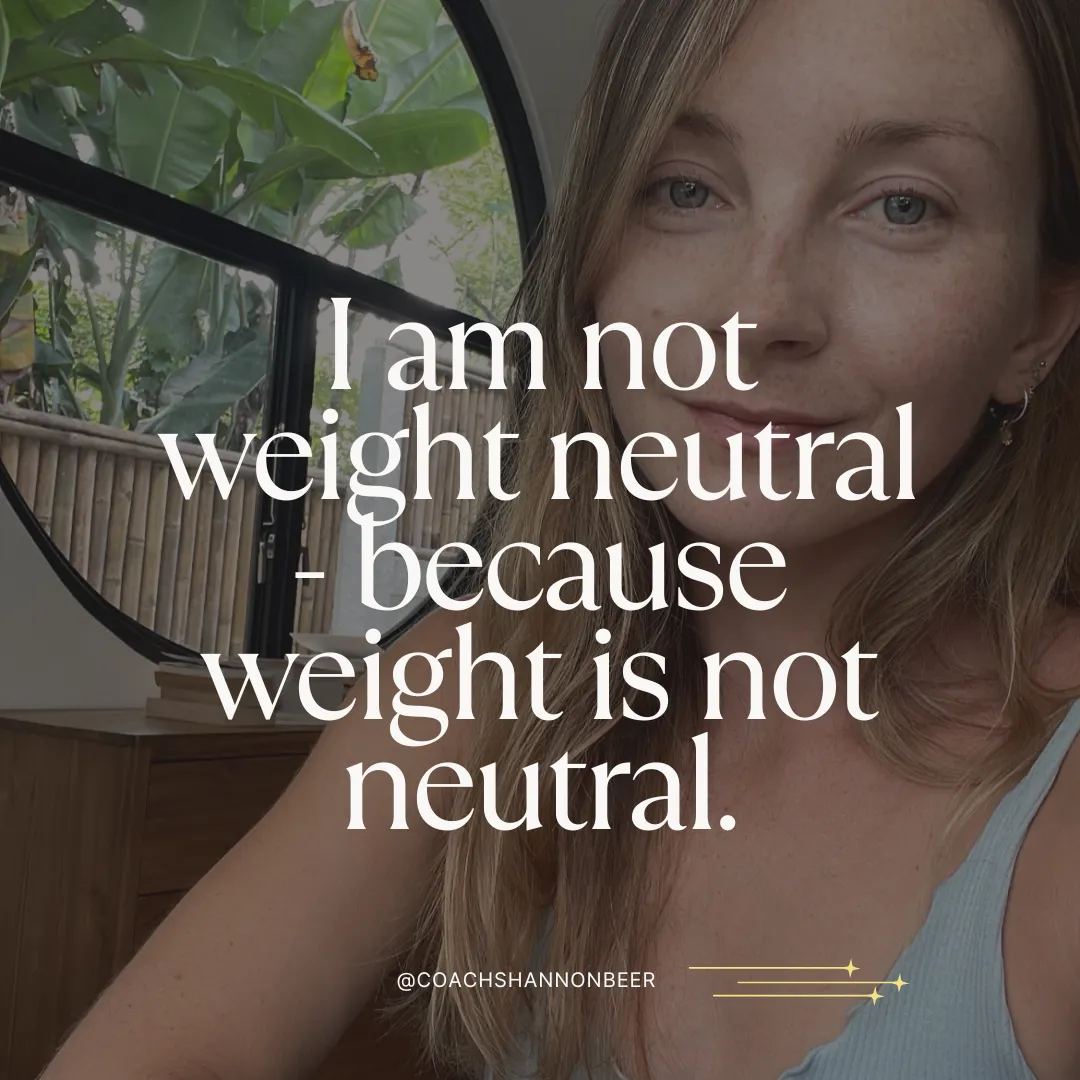How To Boost Your Motivation
Jul 13, 2022
Sometimes we don’t feel like doing the things that move us closer towards our goals. You might have a long day and work and not be in the mood for your gym sesh, even though you really want to get strong. You might overeat at social situations, even though you have a fat loss goal in mind.
That is part of being human.
Let me explain why.
What Is Motivation?
We often conflate motivation with the ‘will’ to do something. When you face a setback, you might be told that you don’t want it bad enough, or you just need to try harder. Clearly, this isn’t helpful. You know your goal is still important to you, so it isn’t a case of simply wanting it bad enough. You already want to change, but change is hard. The reason is that there is a difference between ‘motive’ and ‘motivation’.
Motivation has been defined as all of the brain processes that energise behaviour, not just goals and decision-making, and includes conscious and unconscious processes. Understood in this way, it means that we are always motivated to do something. Otherwise we’d be vegetables that don’t move or make decisions. We are always behaving in some way, whether these behaviours bring us closer to our goals or not. Understanding motivation can help us to understand why we do one thing even when we really want to do something else.

Our responses at every moment are governed by potentially competing impulses and inhibitions. Annoyingly, we can want two conflicting things at the same time. If someone comes into the office with a piece of cake, I don’t really want to eat that because of my fat loss goals. At the same time, I really do want to eat that cake because it looks good, tastes good and is right there in front of me! It doesn’t come down to a lack of willpower or motivation. This is a consequence of having a human brain that is constantly juggling a number of drives and impulses.
Motivation Isn’t Just One Thing
There are different forms of motivation which exist on a continuum, depending on where that motivation comes from. Do you want to exercise and eat well to take care of yourself and look after your health? Or do you want to lose fat because you fear you won’t be accepted otherwise? These are two completely different reasons for change.

To help find stronger sources of motivation, you can ask yourself why this change is really important to you:
‘Why do you want to lose 5kgs?’
I want my clothes to fit a little better.
‘Why do you want your clothes to fit better?’
I want to feel more confident day to day.
‘Why is feeling more confident important to you?’
I think I hold myself back because I’m scared of what people think.
‘Why is it important not to hold yourself back?’
I want to be proud of who I am.
‘Why do you want to be proud of who you are?
So that I can accomplish the things I want to accomplish. I want to dedicate myself to my career and be there for my family and friends.
All of a sudden, you’ve found a much stronger source of motivation for making a change.
Identity and Values
Identity plays an important role in motivation. Interestingly, there is a close anatomical relationship between the vmPFC, which is involved in valuation, and highly overlapping aspects of the medial prefrontal cortex, which is involved in self and identity. If eating well and exercising becomes part of who we are, this can help us to tap into our self-control when we need it most.

If you haven’t really thought about the type of person you want to be, it can help to think about your values. I have written another post HERE to help you figure this out.
Key Takeaways
-
There are different forms of motivation - it isn’t just one thing.
-
We are under many psychological and physiological drives at any given moment. You are not ‘weak’ for struggling to make a change.
-
Some forms of motivation are stronger than others.
-
Asking yourself why you want to make a change and tying it to who you are as a person can help you tap into your self-control.
[1] Al-Rawahi, Said & Newton, Jonathon & Asimakopoulou, Koula & Masood, Mohd & Bulushi, Naeema & Yaqoobi, Khalid. (2019). The Psychological Models of Health-related Behavior in Understanding Sugars Intake in Adults: A Review. Oman medical journal. 35. 10.5001/omj.2020.32.
[2] Legault L. (2017) Self-Determination Theory. In: Zeigler-Hill V., Shackelford T. (eds) Encyclopedia of Personality and Individual Differences. Springer, Cham. https://doi.org/10.1007/978-3-319-28099-8_1162-1
[3] De Ridder, D. (Ed.), Adriaanse, M. (Ed.), Fujita, K. (Ed.). (2018). Routledge International Handbook of Self-Control in Health and Well-Being. London: Routledge, https://doi.org/10.4324/9781315648576

Stuck In All Or Nothing Mode?
Your mind isn’t broken; it’s just running on autopilot.
Take the free Emotion System Audit and learn what's driving your patterns - and what to do when you feel overwhelmed or out of control.









